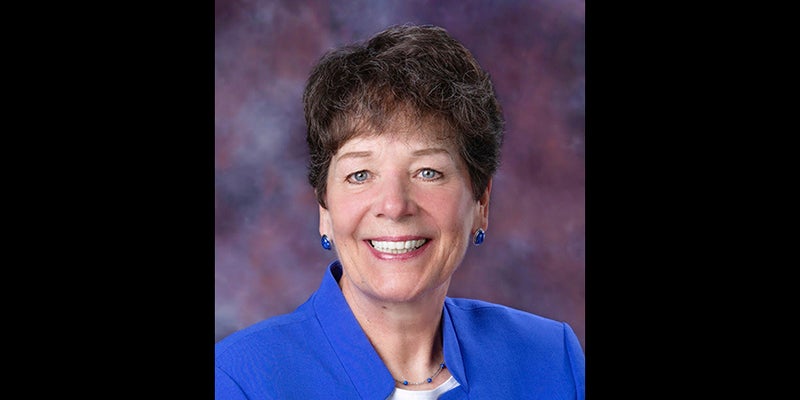Roads, education top Dayton’s to-do list
Published 9:22 am Wednesday, December 31, 2014
ST. PAUL — Gov. Mark Dayton is preparing to go all in on a highway-and-transit upgrade package that could cost drivers a dime or more extra on a gallon of gas and metro shoppers a nickel more on every $10 taxable purchase, a trade-off the Democrat described Monday as vital to a transportation network he sees as choked and crumbling.
“I’m not wishing for this predicament but I’m prepared to deal with it because I think the economic and social vitality of this state depends on a sufficient and efficient transportation system,” Dayton told The Associated Press in an interview a week before he is inaugurated for a second term.
Dayton said his formal proposal is still being refined, but he called it one of his top two agenda items for the upcoming legislative session. The other is education, specifically policy changes that emphasize specialized skills essential for tomorrow’s jobs.
While the focus on transportation is shaping up as bipartisan, there are divisions over the source of money needed to address project backlogs pegged in the billions over the coming decade.
For a package to gain his signature, Dayton said he’ll insist it generate reliable money for transportation rather than paper over festering shortages.
As Dayton spoke, he drew a cheat sheet from his pocket with calculations about various funding mechanisms, including a new wholesale tax on gas that is emerging as the cornerstone of his plan.
The sales tax would be distinct from and possibly in addition to the 28.5 cent per gallon tax now assessed at the pump. Because it would be based on purchase size, the tax would fluctuate as gas prices do. So at today’s average of $2.15, the wholesale tax almost certain to be passed on to consumers would be about 12 cents per gallon. As fuel prices rise, so would the tax bill.
Dayton is sure to face resistance from tax-averse Republicans — and from some Democratic legislators. Senate Taxes Committee Chairman Rod Skoe, DFL-Clearbrook, said it strikes him as opaque and too complicated. “It’s hard to administer,” Skoe said in an interview last week.
In addition to that tax, Dayton is eyeing a half-cent sales tax in the metropolitan area to pay for mass-transit projects and favors diverting an existing tax on leased vehicles to a fund that would pay for greater Minnesota transit needs.
Dayton said he’s open to other ideas —”As long as it’s honest and adds up to the money necessary to make a difference.”
On education, Dayton said he wants to pursue changes that better align secondary and college courses with high-demand workforce areas, such as engineering, nursing and mechanical vocations.
Television ads that began running this week by the GOP-aligned Minnesota Action Network urge people to contact lawmakers to seek an overhaul to tenure laws that protect teachers with seniority at the expense of newer professionals. Dayton, who vetoed a similar bill in his first term, dismissed the campaign as a political agenda rather than an education agenda.
“I’m not interested in the old, shopworn platitudes. I’m interested in new ideas and innovative approaches that have proven results we can apply,” Dayton said.
On other topics that could arise in the session:
—Minimum wage: Dayton said he sees no reason to hold off on two coming increases to Minnesota’s minimum wage and he’ll resist efforts to scrap a new mechanism allowing for inflationary bumps later on. “I’m not for any changes in the structure of the minimum wage,” he said.
—Medical marijuana: Dayton said he’s willing to consider expanding the list of qualifying health conditions for patients looking to access medical marijuana, but he won’t budge on the prohibition against smoking the drug for medicine or otherwise. “If there are people with medical needs that could be helped with what we will be producing next year then I am certainly willing to consider that in the coming session,” he said.
—Gray wolf hunting: Dayton said he’s consulting with his Department of Natural Resources commissioner on how to respond to a court ruling halting gray wolf hunts. “From a matter of public policy, I view that as our responsibility to try to manage all the animals around the state and keep an appropriate balance for the benefit of all of them and for the benefit of people,” he said.





